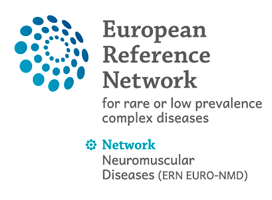An N-of-1 trial is defined as a prospective, multiple crossover trial in a single patient. If randomization of the treatment sequence and replication across patients is included in the trial design, then it results in “replicated N-of-1 RCTs”. These replicated N-of-1 RCTs have been recommended to test evidence-based treatments for patients with rare diseases, but several design and statistical issues have to be taken into account when such a research strategy is chosen. In the webinar, we will demonstrate one approach to the statistical analysis of data collected in N-of-1 RCTs based on the randomization of the treatment sequence, which is both simple and sound. Furthermore, several meta-analytical options for the statistical comparison and aggregation of the replications will be presented.
The aim of the lecture is:
- Present replicated N-of-1 RCTs as an option to test evidence-based treatments for patients with rare diseases.
- Discuss the advantages and disadvantages of replicated N-of-1 RCTs for rare diseases.
- Demonstrate the use of simple and sound statistical methods for the analysis of data collected in N-of-1 RCTs and replicated N-of-1 RCTs.
This training is at an advanced level course. While an overview will be given, without all technical details, a variety of statistical modelling and inference concepts will be used.
This training is divided in two parts:
The first part of the webinar, of about one hour, is devoted to the lecture “Replicated N-of-1 RCTs for Rare Diseases” presented by Patrick Onghena.
The second part of the webinar consists of one hour of panel discussion with known experts from different fields bringing various perspectives of the topic. This will include the regulatory, pharma-industrial, academic, and clinical perspective. In particular, questions from the audience will be answered while reflecting these different perspectives

